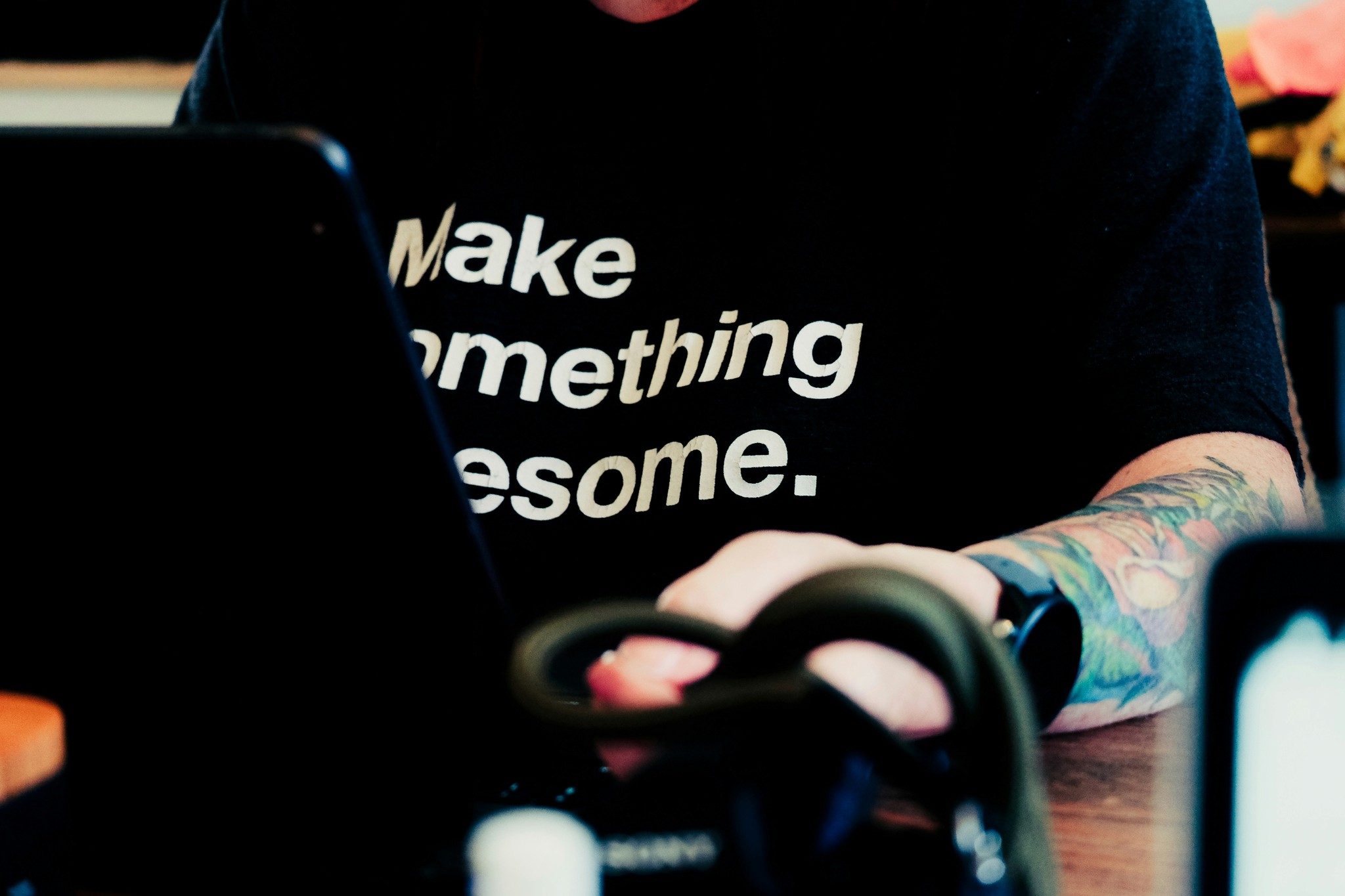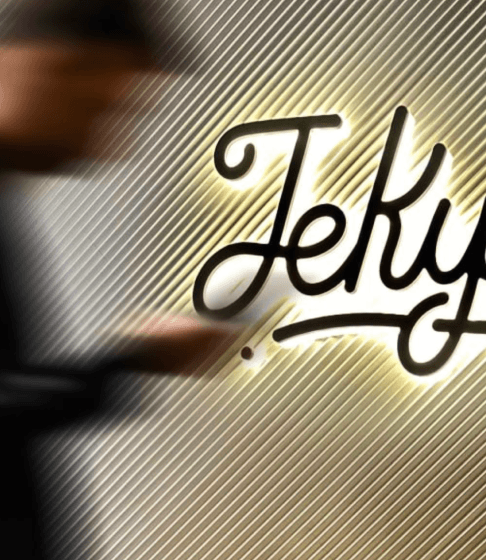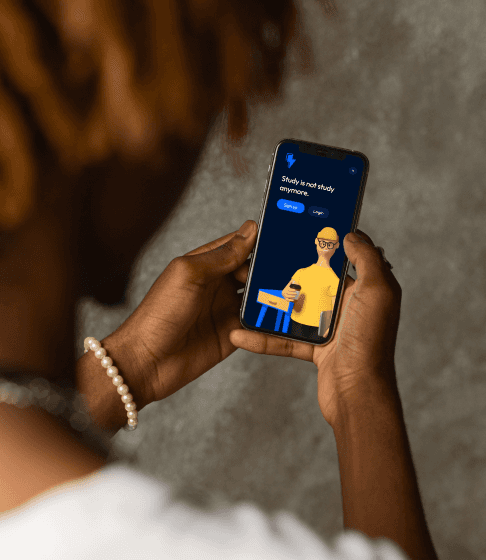
Do you know the Streisand Effect ? online advertising and marketing agencies are very familiar with it, since it is a key concept that is closely related to certain web content.
The term was coined from a problem Barbra Streisand had when she reported a photographer for taking aerial photographs of her home. The fact that she reported them gave a lot of publicity to the photographs and they spread like wildfire.
Sometimes this effect, a greater viralization because of censorship, is interpreted as a form of rebellion by the network against said censorship. "We want it to be free, and if you try to censor it further we will distribute it". Other times it is because of the curiosity incited by what is censored or prohibited. We are going to focus on the latter. The question that almost everyone asks themselves when faced with something prohibited is: why won't they let me see or read it?
How do online advertising and marketing agencies use the Streisand Effect?
Sometimes online marketing agencies use the Streisand effect to their advantage, and it is also taught in some marketing masters' degrees. Have you ever seen the videos that are shared on Facebook with subtitles saying something like "this video has been censored 30 times by Youtube, hit play before they censor it again" ? We do not know if the video has really been censored or not, but this incitement to participate in what is prohibited becomes an important call to action; in this case, to watch the video.
Another typical phrase we can find is “The article that Amazon does not want you to read” or similar, an endless amount of online marketing content that plays with the rebellious impulse of users, with that ever-present interest in “opening the forbidden door” .
The use of this type of strategies by advertising agencies for serious brands is delicate, because the limit to avoid falling into sensationalism is small. However, if used well, inciting curiosity about the forbidden can become a good online marketing tool.
For example, cosmetic product brands play a lot with secrets. "The beauty secrets of ..." or "my beauty secrets at 50 years old". The term "secrets" is automatically related to something that we should not know and to something that very few of us know, so there is also the desire for exclusivity.
Another example is this video with Leo Messi that has almost six million views, "the video they don't want you to see"; there must be thousands of similar videos on the net, but the titles are not as suggestive.
Finally, we leave you with a research challenge. Perhaps you have come upon this video recommended on YouTube: "The most brutal Coca-Cola commercial, censored in 50 countries, which you will never see on TV", is circulating everywhere. A parody, with rather bad taste, of the Coca-cola Life ad "Your first kiss." Many youtubers have posted it, so we do not know the number of views it will have; but it looks like it is many, at least quite a lot more than the original video. We invite you to watch the video and tell us who you think is behind the campaign.
As you can see, the Streisand Effect is a resource that is being profited from in online marketing. Using it sensibly and without going over the line is a challenge for any advertising agency today.



